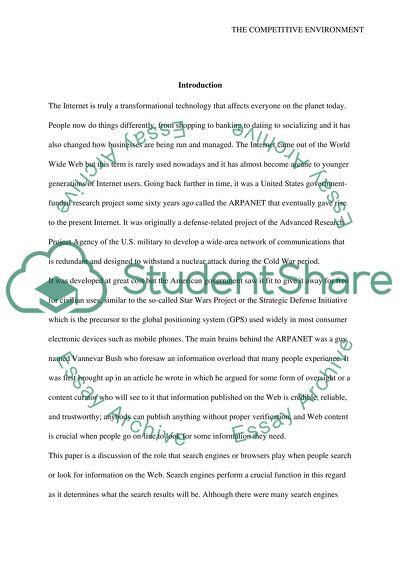Cite this document
(“The Competitive Environment Essay Example | Topics and Well Written Essays - 1000 words”, n.d.)
The Competitive Environment Essay Example | Topics and Well Written Essays - 1000 words. Retrieved from https://studentshare.org/marketing/1450737-the-competitive-environment
The Competitive Environment Essay Example | Topics and Well Written Essays - 1000 words. Retrieved from https://studentshare.org/marketing/1450737-the-competitive-environment
(The Competitive Environment Essay Example | Topics and Well Written Essays - 1000 Words)
The Competitive Environment Essay Example | Topics and Well Written Essays - 1000 Words. https://studentshare.org/marketing/1450737-the-competitive-environment.
The Competitive Environment Essay Example | Topics and Well Written Essays - 1000 Words. https://studentshare.org/marketing/1450737-the-competitive-environment.
“The Competitive Environment Essay Example | Topics and Well Written Essays - 1000 Words”, n.d. https://studentshare.org/marketing/1450737-the-competitive-environment.


